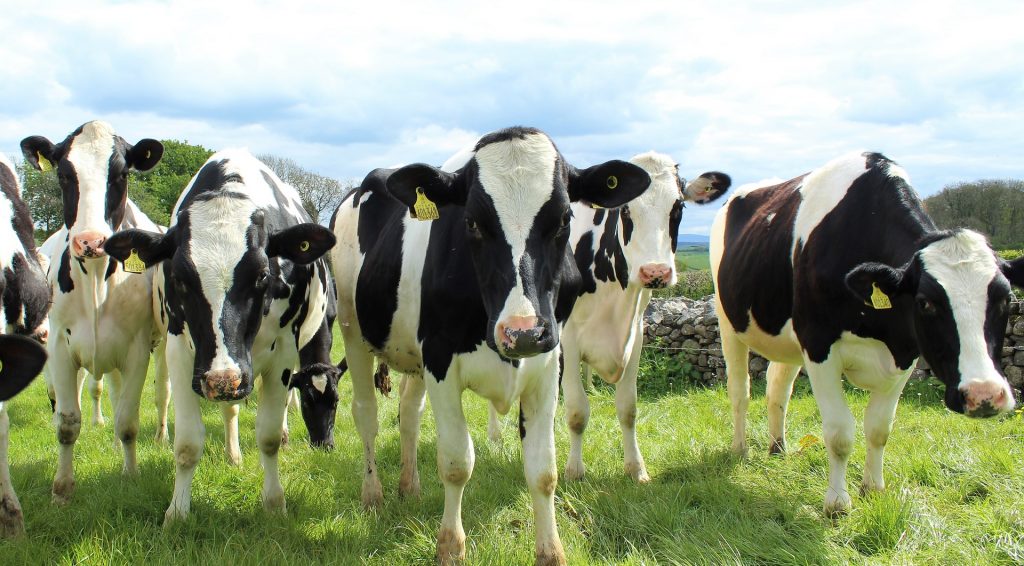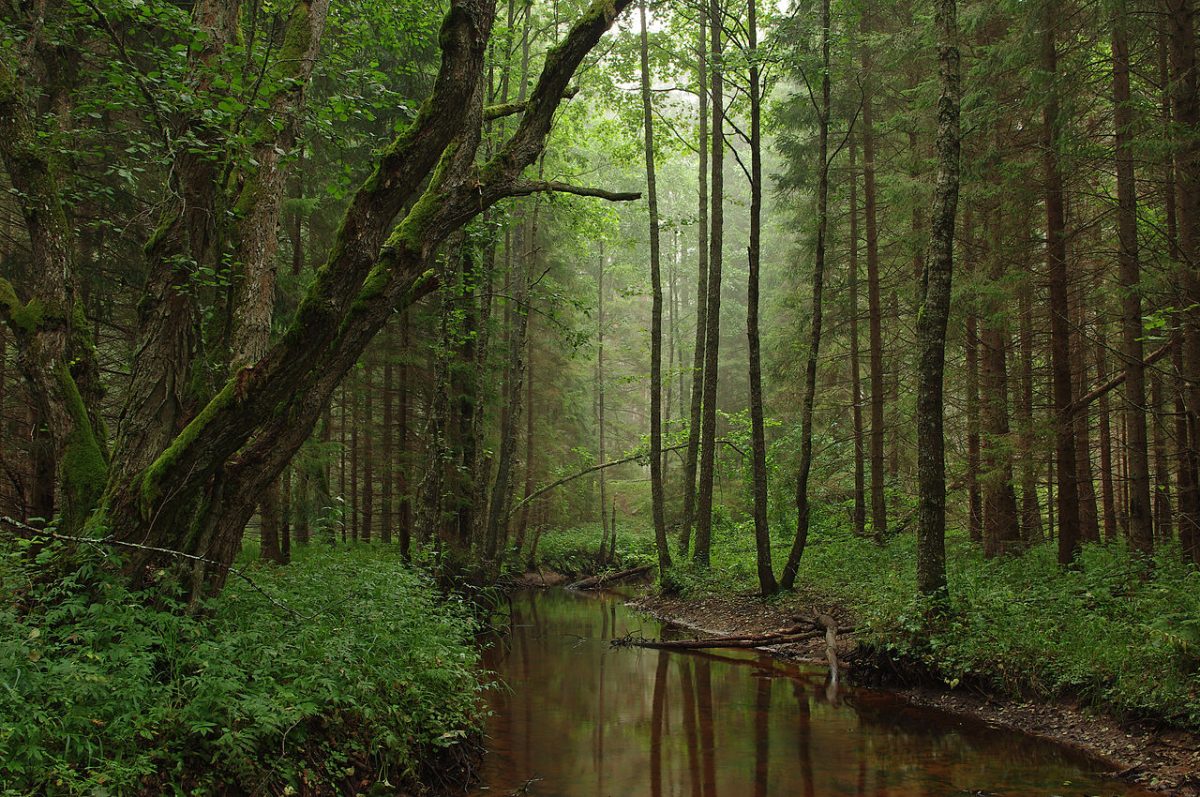Less meat consumption key to better climate and animal welfare, says NGO

February 2nd, 2018
Industrialized nations must gradually cut their meat consumption in half in order to achieve a sustainable climate, warns a new report from a leading German NGO.
The Meat Atlas 2018 report from Friends of the Earth Germany – better known as BUND – also argues that countries must bring in drastic changes within their meet industry to achieve better animal welfare standards and also reduce livestock numbers.
To met this goal in Europe, the report suggests that the EU redirects the €60 billion that it spends on agricultural measures every year towards more environmentally sustainable and animal friendly practices.
Additionally, the report asks for clear, mandatory quality labeling of meat products, similar to the code used on eggs, to show consumers how animals were kept and treated.
While the report mainly focused on Germany, proposed changes would have implications for the Irish market as well. Ireland has 4.5 million hectars of agricultural land and nearly 85,000 farms, the majority of which rely on the dairy and cattle industries.
Agriculture is crucial for the Irish economy, with 10 per cent of Irish exports coming from agriculture. The industry also accounts for 33 per cent of Ireland’s total greenhouse gas emissions.

holstein-cattle Photo: CallyL
Angus Woods, the Irish Farmers‘ Association’s National Livestock Chairman, told The Green News that Irish meat and milk production is based on “high level sustainable standards” regulated through the Origin Green sustainability programme.
“Irish production of beef and milk is predominately grass based with high level and verfied standards on environment and animal welfare and all other standards,“ he added.
Origin Green aims for food and drink sustainability in Ireland, but the programme faced criticism late last year as three Origin Green agri-businesses were put on the EPA’s quarterly worst polluters list.
Companies are ranked based on six months worth of data on complaints, incidents, compliance investigations, and non-compliances (NCs) with licences. Companies on the list are subject to increased inspections and monitoring by the environmental regulator in an effort to drive improvements in compliance.
[x_author title=”About the Author”]







